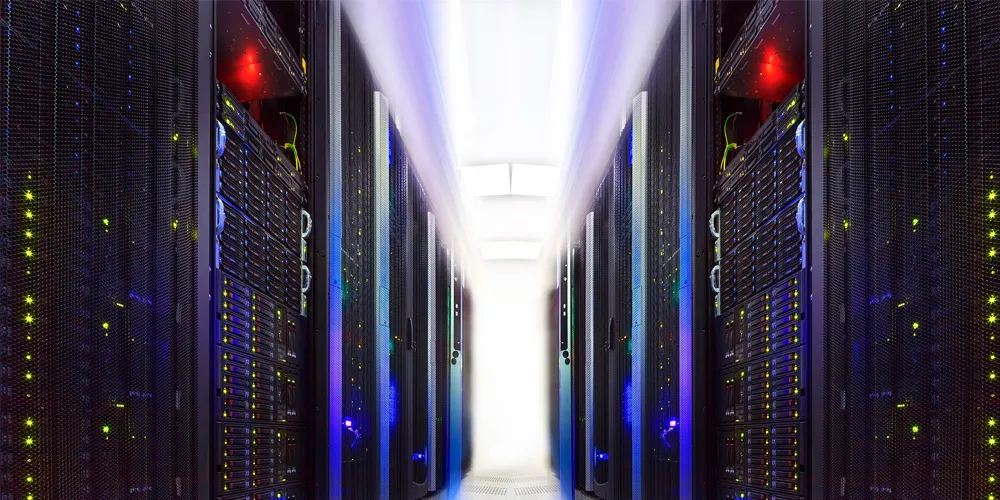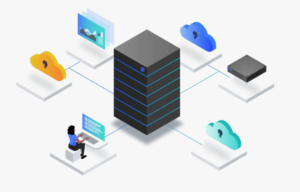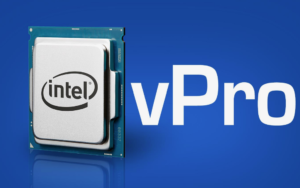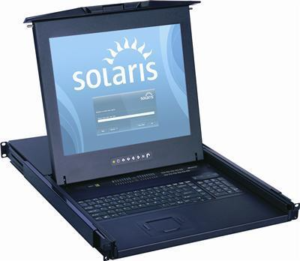
High-Performance Computing (HPC) systems are super-powerful computers that help us solve some of the world’s toughest problems. These computers are faster and stronger than regular personal computers. They can do many things at the same time, which allows them to complete tasks that would normally take too long for regular computers. Let’s take a closer look at how HPC systems are changing the way we think about computing and the world around us.
1. Supercharged Speed for Complex Problems
HPC systems are built to be extremely fast. While normal computers might struggle with big tasks, HPC systems handle them with ease. This is because they use many processors that work together at the same time. These processors share the workload, which means everything gets done much faster.
For example, in weather forecasting, HPC systems help predict storms and natural disasters more accurately. By using data from satellites and sensors all over the world, HPC can crunch huge amounts of information and give scientists the most up-to-date forecasts. This helps save lives and prepare communities for extreme weather.
2. Advancements in Science and Medicine
HPC systems are also playing a huge role in science and medicine. In these fields, researchers need to run very complicated experiments and simulations. These experiments might involve studying diseases, testing new medicines, or understanding how the human body works. Without HPC, these tasks would take too long to be useful.
In medicine, HPC is helping doctors and researchers analyze medical data more quickly. For example, doctors can use HPC to read medical images like X-rays or MRIs faster. This helps them make better decisions about how to treat patients. In the future, HPC systems may help doctors create personalized treatment plans for individual patients based on their unique medical histories.
In science, HPC is helping researchers study the universe, climate change, and even the tiniest particles that make up matter. For instance, scientists use HPC to understand how galaxies form or how atoms behave. Without HPC, these experiments would take years instead of months or weeks.
3. Solving Big Data Problems
Today, the world creates a massive amount of data every day. Everything from social media posts to GPS location data adds to this pile of information. This data can be valuable, but only if we know how to make sense of it.
HPC systems are great at processing and analyzing huge amounts of data very quickly. This is why many businesses and organizations rely on HPC. For example, in banking, HPC is used to detect fraud by looking at thousands of transactions per second. If something seems unusual, the system can flag it instantly, preventing financial loss.
In retail, companies use HPC to analyze customer data and predict what products people might want to buy. This helps businesses decide what products to stock and where to place them in stores. It also allows them to run personalized marketing campaigns, making sure the right people see the right ads at the right time.
4. Key Features of HPC Systems
HPC systems are different from regular computers because of several special features. These features allow HPC to work so much faster and handle more complicated tasks. Let’s take a look at some of these key features:
- Parallel Processing: HPC systems have many processors that work together. This allows them to complete tasks faster by doing many parts of the job at the same time.
- Massive Storage: HPC systems can store huge amounts of data. This is important because they often work with big sets of information, like scientific research or business data.
- High-Speed Networking: HPC systems have fast connections that allow them to share data quickly. This is crucial when many processors are working together and need to communicate with each other in real time.
- Customizable Software: HPC systems can be set up to meet the specific needs of different users. For example, a scientist might need one type of software for studying diseases, while a business might need a different type for analyzing sales data.
These features make HPC systems highly flexible and powerful, and they can be used in many different areas.
5. Helping Businesses Grow and Innovate
Businesses are also using HPC systems to improve their products and services. For example, car manufacturers use HPC systems to design new cars. They can run simulations to test how a car will perform in different conditions. This helps them design cars that are safer, more fuel-efficient, and more comfortable for drivers.
In the tech world, HPC is being used to power artificial intelligence (AI) systems. AI can learn and make decisions based on large amounts of data. But AI needs powerful computers to run efficiently. HPC provides that power, allowing AI to improve over time and become smarter. Many businesses are already using AI to predict trends, automate tasks, and create new products.
6. Faster Decisions in Crisis Situations
In emergencies, time is critical. HPC systems can help make quick decisions during crises, saving lives and minimizing damage. For example, in natural disasters like hurricanes or earthquakes, HPC systems can process real-time weather data and help governments make quick decisions about evacuations or resource distribution.
In healthcare, HPC systems can help doctors make faster decisions when treating patients with serious conditions. For example, if a patient needs emergency surgery, HPC systems can analyze their medical data quickly and give doctors the information they need to act fast. This could mean the difference between life and death.
7. Key Industries Benefiting from HPC
Many industries are using HPC to improve their operations. Here are some examples:
- Healthcare: HPC is used for faster diagnosis, drug discovery, and medical research.
- Finance: HPC helps with fraud detection, risk analysis, and high-speed trading.
- Entertainment: HPC is used to create high-quality graphics for movies, TV shows, and video games.
- Automotive: Car companies use HPC for designing safer vehicles and testing autonomous driving technology.
These are just a few examples of how HPC is changing the way different industries work. As technology continues to improve, more industries will begin to use HPC for solving even more complex problems.
Conclusion
Looking ahead, HPC systems will continue to evolve and improve. With the growing amount of data being created, the demand for faster and more powerful computers will only increase. The future of HPC looks bright, with new advancements that will make these systems even more capable of solving complex problems.
In the future, HPC might help us solve problems like curing diseases, tackling climate change, or exploring outer space. We might even see faster and more efficient AI that can help us in ways we can’t imagine.
Overall, High-Performance Computing is not just for scientists and researchers anymore. It’s changing the way we work, learn, and live. Whether improving healthcare, solving climate problems, or helping businesses run better, HPC systems are shaping a faster, smarter future for us all.
Read More: Why Is DAS Storage Gaining Popularity in Hybrid Data Centers







